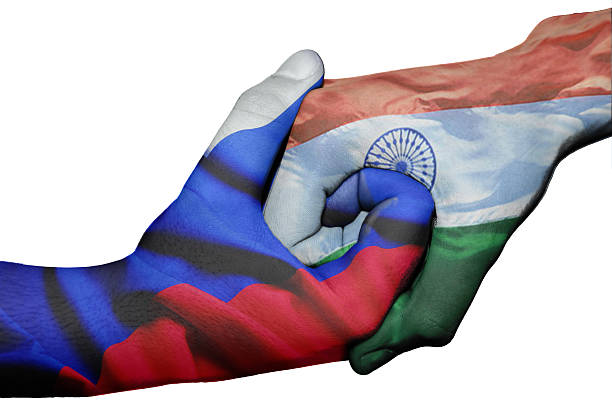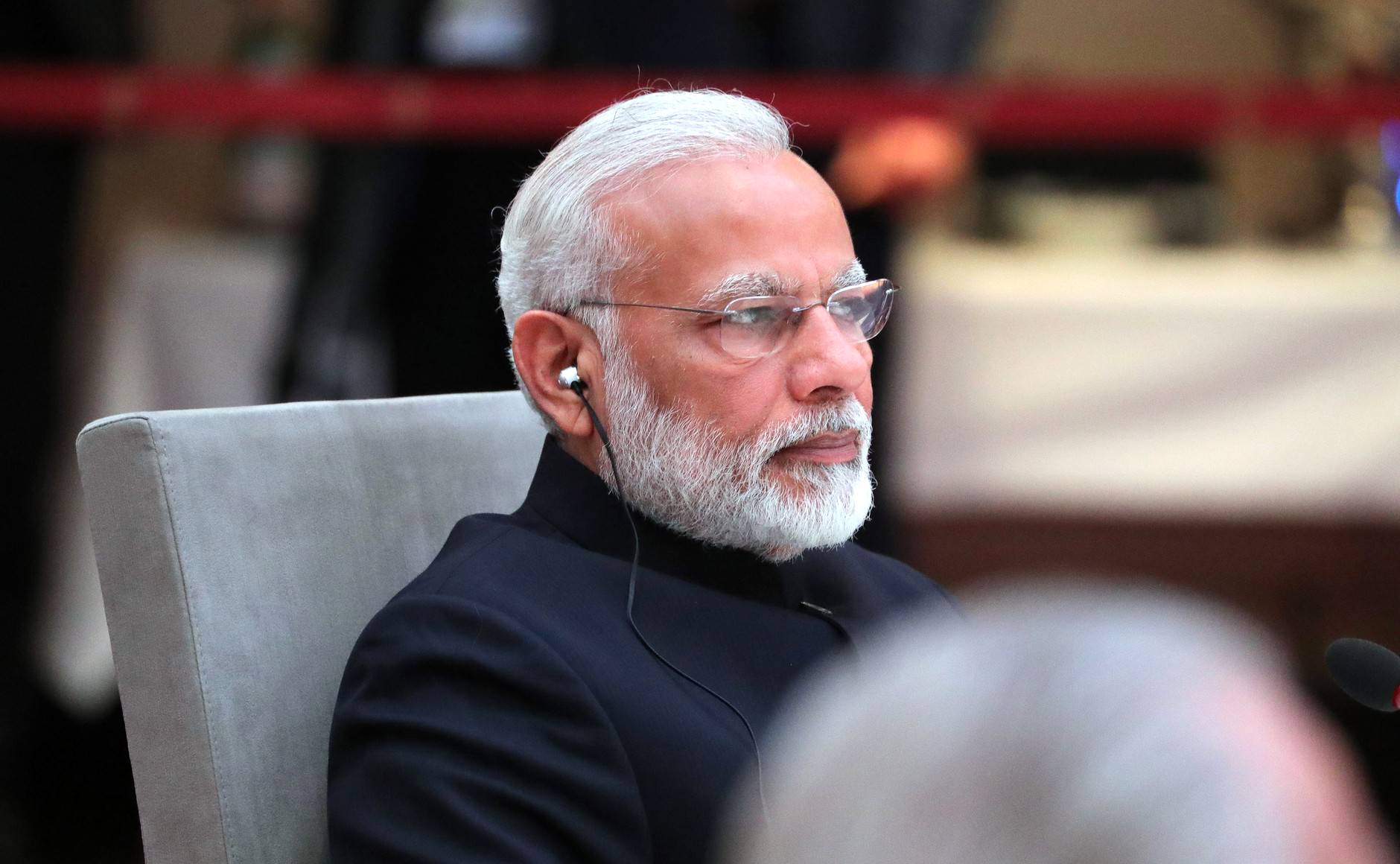Israel PM Slams UK, France, Canada have called for Israel to end its military campaign in Gaza and lift restrictions on humanitarian aid. In response, Israeli Prime Minister Benjamin Netanyahu has reacted strongly.

Israel PM slams UK, France, and Canada for supporting Hamas, accusing them of helping killers in the ongoing Gaza conflict.
Tel Aviv: Tensions have risen sharply as Israeli Prime Minister Benjamin Netanyahu took strong exception to the recent statements made by the leaders of Britain, France, and Canada regarding the ongoing Gaza conflict. Netanyahu’s fiery reaction underscores Israel’s frustration with what it sees as a lack of understanding and support from key Western allies.
The backdrop to this row is the continued fighting between Israeli forces and Hamas in the Gaza Strip, a conflict that has raged since October 7, 2023. The battle has caused significant civilian casualties and turned large swathes of Gaza into a humanitarian disaster zone.
Netanyahu’s rebuke came after the leaders of the UK, France, and Canada called on Israel to halt its military campaign and lift restrictions on humanitarian aid. British Prime Minister Keir Starmer, French President Emmanuel Macron, and Canadian Prime Minister Mark Carney had issued coordinated statements urging Israel to exercise restraint and address the severe crisis facing Gaza’s residents.
In his remarks, Netanyahu accused these countries of indirectly strengthening Hamas by criticizing Israel’s operations. He argued that such statements could embolden the militant group and prolong the violence. According to the Israeli leader, Hamas’s objectives remain unchanged – the eradication of Israel and its people.
Posting on social media platform X, Netanyahu said that Hamas’s very existence poses a direct threat to Israel’s security. He expressed disbelief that leaders of three major democratic nations were failing to recognize the nature of this threat. He also noted that if Hamas is applauding their positions, they should reconsider whether they are truly on the side of justice.
This is not the first time Israel has found itself at odds with Western countries over its military actions in Gaza. While Britain, France, and Canada have long been counted among Israel’s closest allies, recent events have strained these relationships. The change in tone from these governments, which had initially supported Israel’s right to self-defense after the Hamas attacks, reflects growing global dismay at the mounting civilian death toll in Gaza.
Reports from international relief organizations indicate that Gaza’s civilian population has been hit hardest by the fighting. Hospitals are overwhelmed, clean water is scarce, and food supplies are dwindling. Children and women have borne the brunt of the violence, with thousands of children reportedly among the dead or injured.

Despite these tragic realities, Netanyahu has maintained that Israel’s actions are justified and necessary for its national security. He has repeatedly stated that Hamas uses civilian areas as shields, making it nearly impossible to target the group without collateral damage. This narrative, however, is not shared by the leaders of Britain, France, and Canada, who argue that Israel’s response has been disproportionate and has deepened the humanitarian crisis.
Adding to the diplomatic strain is the fact that these three countries have traditionally been among Israel’s staunchest supporters in international forums. They have often defended Israel’s right to defend itself against attacks. But now, with the war in Gaza dragging on and the civilian casualties rising, even these allies are expressing unease and urging a more measured approach.
Humanitarian groups have issued repeated warnings about the worsening situation in Gaza. UN agencies and other organizations have highlighted that basic services such as electricity, sanitation, and medical care are on the verge of collapse. Displacement has reached alarming levels, with hundreds of thousands forced from their homes.
As this conflict unfolds, the rift between Israel and its traditional allies underscores the complexity of the situation. Netanyahu’s government believes that any easing of pressure on Hamas would only give the group more time and resources to regroup and launch new attacks. On the other hand, the leaders of the UK, France, and Canada argue that unless the humanitarian catastrophe is addressed, there can be no hope for long-term stability in the region.
Netanyahu’s public comments also hint at a broader frustration with what he perceives as hypocrisy or double standards from the West. He has previously criticized international institutions and human rights organizations for, in his view, singling out Israel while ignoring other conflicts in the Middle East.
At the same time, domestic voices within Israel are also raising questions. While the majority of Israelis continue to back their government’s position, some voices are urging Netanyahu to consider the diplomatic costs of alienating key allies.
This latest spat highlights just how deeply the Gaza war is testing Israel’s relations not only with its neighbors but with the wider world. It’s clear that the humanitarian crisis in Gaza is not just a local tragedy—it’s a flashpoint that could reshape alliances and diplomatic ties far beyond the region.
With no clear end in sight to the fighting, the Israeli Prime Minister’s tough words and the growing chorus of international concern signal a deepening divide. Whether this will lead to any change in Israel’s strategy remains to be seen, but for now, Netanyahu’s message is unmistakable: Israel will not bow to outside pressure, even from its closest friends.
Also Read:
- Pakistan Plans New Bloc with China, Taliban, and Bangladesh. Is it to counter India?
- Donald Trump warns Apple: 25% tariff on India-made iPhones!
- India Makes Big Leap in Global Arms Exports Amid Operation Sindoor
Author

Sahil V
Sahil V. is a passionate contributor at InsightIndia.in, specializing in world geopolitics and job-related updates. With a keen understanding of global affairs and employment trends, he delivers insightful articles that help readers stay informed and make smarter career decisions in a rapidly changing world.















